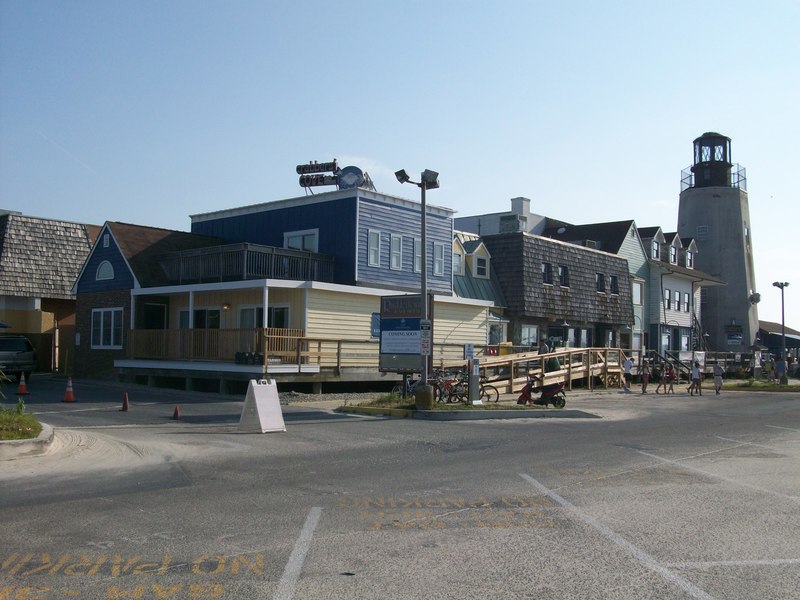The latest - and final - attempt to convince a Chancery Court judge to rule against Ruddertowne developer Dewey Beach Enterprises has failed.
In a July 31 opinion, Vice Chancellor John Noble denied a motion to reargue a case, filed by four Dewey Beach property owners, to invalidate a compromise between the developer and the town of Dewey Beach.
Property owners Tony Murray, Charles McKinney, David Kaminsky and Elizabeth Cadell sought to invalidate a mutual agreement and release that allows DBE to redevelop the Ruddertowne site into a 45.67-foot mixed-use structure. The agreement also ended litigation filed by DBE against the town.
The planned structure exceeds the town’s 35-foot height limit, and many opponents of the agreement said the fate of Ruddertowne should have been decided by voters in a referendum.
The four property owners filed a complaint Aug. 15, 2011, against Dewey Beach Town Council, two town hall employees, Dewey Beach Enterprises and Ruddertowne Redevelopment Inc.
But on May 31, Noble dismissed the appeal, siding with DBE. The developer argued the property owners failed to file the appeal within the legal deadline.
The property owners then filed a June 7 motion asking Noble to reconsider the case on its merits, rather than dismiss the case on technicalities. In the plaintiffs’ motion to reargue, Wilmington attorney Michael McDermott said the statute of repose does not apply to constitutional challenges to zoning ordinances.
DBE countered the plaintiffs’ motion to reargue the case in a June 18 response. DBE attorney Shawn Tucker said Noble should deny the motion because the plaintiffs raised arguments that had not been presented in their initial appeal.
Tucker said, “Plaintiffs never argued, until now, that the statute of repose cannot bar constitutional claims.”
In his denial, Noble wrote, “A motion for reargument will be denied where the movant merely rehashes arguments that the court has already rejected or where the motion is based upon new arguments not previously raised.”
Noble wrote, “All of the arguments the plaintiffs present in support of their motion for reargument are now being raised for the first time. As a result, the court denies this motion.”
In an Aug. 1 response to the ruling, McDermott said Dewey Beach citizens should have been given the opportunity to discover the circumstances by which a private agreement resulted in an illegal amendment to the zoning code.
“Regrettably, it was not the just bona fide concerns of the few citizen-plaintiffs that were summarily dismissed here, but rather the broad and enduring concerns of the larger community of Dewey Beach,” McDermott wrote.
In the statement, McDermott called the 60-day statute of response draconian, and he said DBE sued the town into submission and demanded special treatment on zoning issues for Ruddertowne.
In an email, Tucker said, “It is unfortunate that the merits of this project often become lost in the monotony of plaintiffs' ever-changing arguments. In fact, the merits of this project brought out many town residents who spoke passionately in favor of the redevelopment of Ruddertowne."
In an Aug. 1 press release, representatives of DBE said, “After four years and many lawsuits, it is past time for the litigation to end and the redevelopment project to move forward consistent with the town's comprehensive plan.”
The release said the mixed-use structure at Ruddertowne would benefit the local economy and create jobs. Representatives of DBE stated, “We are excited to help put Delaware back to work and will have additional project updates in the near future.”
The first phase of redevelopment at Ruddertowne is scheduled to be completed by spring 2013, including a hotel and 16 residential condominiums.

















































